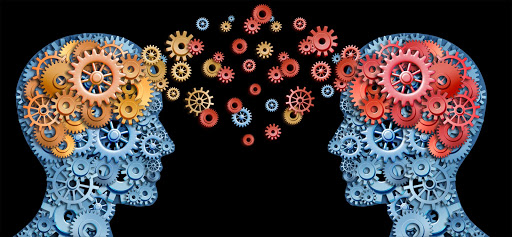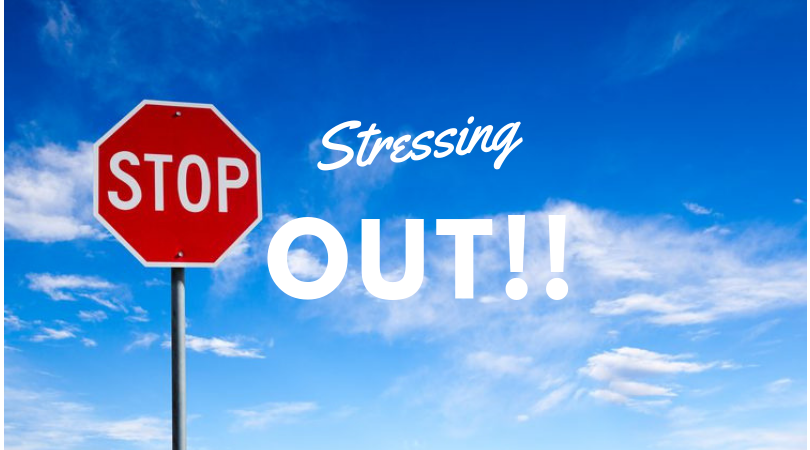There are lots of reasons that couples may decide to seek help and get marriage or relationship counseling. There are some common themes that I encounter when couples seek help for their relationship. Some of the issues you might find yourself struggling with and might seek help for include:
1. Mental Health Problems
When one partner has a mental health issue, it certainly impacts them as a couple. Over time, mental health issues such as depression and anxiety can take a toll. Other mental health issues, such as bipolar disorder can also interfere with a couple’s ability to maintain a healthy relationship. Couples can benefit from attending counseling together (and individually) to learn how to work together to deal with mental illness.
2. Grief
Grief comes in many forms. Whether a couple is grieving a miscarriage, loss of a child, or loss of a parent, it can be devastating to marriage. Grief can present itself in a relationship when there is a death, but often, it is grieving the loss of other things such as the loss of independence, loss of a hope or dream, or simply a major change in life that leads to a loss of emotional security. A marriage counselor can assist a couple in working through grief issues together so that their grief doesn’t push them apart.
3. Infidelity
Dealing with infidelity is a big reason for couples to seek help. Recovering from an affair or even deciding whether or not to try and work through an affair is complicated. Partners that stay in a relationship after infidelity can often experience heightened shame based on the thought that ‘something must be wrong with me that I didn’t leave as soon as I found out.’ A marriage counselor can help the couple address the underlying reasons or motivations for infidelity and to work through trust issues along with the many feelings associated with an affair.
4. Lifestyle Changes
Major changes in lifestyle can have a serious impact on a couple. Moving to a new area, making a big career change, or the birth of a baby can disturb the balance that was previously there between partners. Marriage counselors can help couples identify their expectations and work through changes to make transitions more smooth.
5. Addictions
Addiction is a common reason that couples seek help. Addiction doesn’t necessarily have to be to drugs or alcohol, but it can also take the form of pornography or internet addictions and gambling addictions. Beyond the benefits of a couples counselor being able to assist the couple cope with the presence of addiction in their relationship, individual or group therapy is often important for the addicted partner to focus specifically on the disorder itself.
6. Remarriage and Blended Families
After people have already been married and divorced once, people are more likely to be hesitant about getting remarried. According to statistics, the divorce rate for second marriages are even higher than first marriages. And for couples who already have kids, blending two families can be complicated. Marriage counselors can assist couples in making a smoother transition and also in addressing any barriers to remarriage.
7. Physical Health Changes
Physical health, or loss of vitality, can have a large impact on marriage and relationships. As each partner ages, they may experience a gradual decline in health which can interfere with their activities and their physical intimacy with each other. Other couples could experience a significant illness or accident that may drastically impact the individual as well as their marriage. If one partner is unable to work, contribute to household responsibilities, or help with daily activities, it can lead to marital problems if it is not addressed.
8. Communication Problems
It seems somewhat of a cliche (for good reason) that communication is one of the biggest keys to a happy, healthy relationship. When couples struggle with communication, it can make almost everything much more difficult. When couples struggle with communication, solving problems, making decisions, and resolving conflict calmly, can become a major source of stress. Marriage counseling can help couples learn new skills and recognize the cycles in which they get caught, that lead them to communicate poorly.
9. Parenting Disagreements
Different parenting philosophies can be a big issue for couples, and it can lead to a great deal of conflict. Marriage counselors can assist parents in learning to work together instead of competing with one another to be ‘correct.’ A marriage counselor can also assist the couple in recognizing the impact of their upbringing on how they interact with their own children and how this can happen subconsciously and undermine healthy parenting.
10. Just Not Feeling in Love
People also tend to want counseling when they feel the relationship has grown stagnant. I often hear couples talk about not feeling “in love” anymore or that they feel like companions or roommates rather than being deeply connected. Counseling can be a great way for couples to learn strategies to help them feel more attached and bonded and rekindle some of the energy that they may have lost through the course of their relationship.
If you and your partner are struggling with any of the issues described above and you would like some help working through them, feel free to contact me at (717) 288-5064 / gregghammond@restoringbalancelancaster.com and schedule an appointment today.






